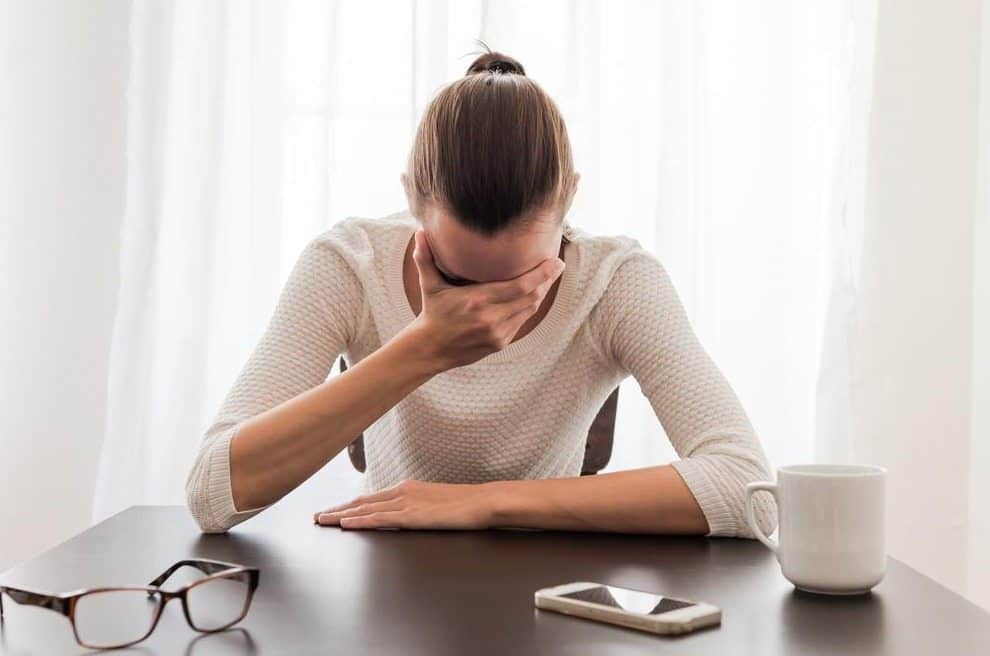Depression strikes for so many reasons. Life is hard and, sometimes, we experience feelings of sadness which rob us of our hope, motivation and overall passion for life. If you suffer from depression, talking to your doctor will be the best way to get the help that you need.
Many forms of depression are treatable and it’s important to take that important first step, which is telling a doctor exactly how you are feeling. He or she may recommend therapy and/or medication in order to relieve the symptoms of depression.
That being said, some forms of depression just aren’t as treatable. Treatment resistant depression requires special care. However, there is always hope.
Today, we are going to talk about how to cope with treatment resistant depression…
What is Treatment Resistant Depression?
This form of depression is also known as TRD or as treatment-refractory depression. Terms used in order to describe this condition were devised by clinical psychiatrists. With TRD, major depression is experienced which doesn’t respond to two or more treatments with anti-depressants.
It’s estimated that two-thirds of all people with depression suffer from the treatment resistant variety. The key to improving the way that you feel is not to give up! You will need to keep working with your doctor and you may need to branch out by seeing another type of specialist.
What Can Be Done?
It’s quite possible that you’ll need to try new medications or new combinations of medications, and you may also benefit from therapy. Also, if you’re not getting results via your family physician and you are becoming frustrated, getting a referral to a psychiatrist may be very helpful.
Since a psychiatrist is a mental health specialist who is also a licensed medical doctor, he or she will have a lot of knowledge and expertise to offer. A psychiatrist may perhaps be a better judge of which anti-depressants and other treatment resistant depression therapies are right for you than a family doctor does.
Occasionally, people who suffer from treatment resistant depression are feeling blue because they have underlying mental health issues (such as bipolar disorder) or health issues (such as hypothyroidism). A psychiatrist should be able to spot any underlying mental health issues and help you to deal with them effectively.
Hopefully, your family doctor has already explored the possibility that your depression is linked to an existing health issue. If he or she hasn’t, you should bring the subject up. Getting tested for health disorders which are known to cause depression may be very helpful.
Please Get Help Today
Hopefully, this guide has given you some insight and hope. While depression often leads to feelings of hopelessness (for example, you may lose the will to get spruced up each morning, to take good care of yourself, to complete work tasks and to pursue a social life and hobbies), there is a path out of the darkness.
It’s true that a lot of trial and error may be required in order to resolve treatment resistant depression. However, the effort that you make will pay off if you stick with it. It requires a lot of bravery to keep up the fight against depression. The fact that you are reading this today shows your own courage. So, never give up!
